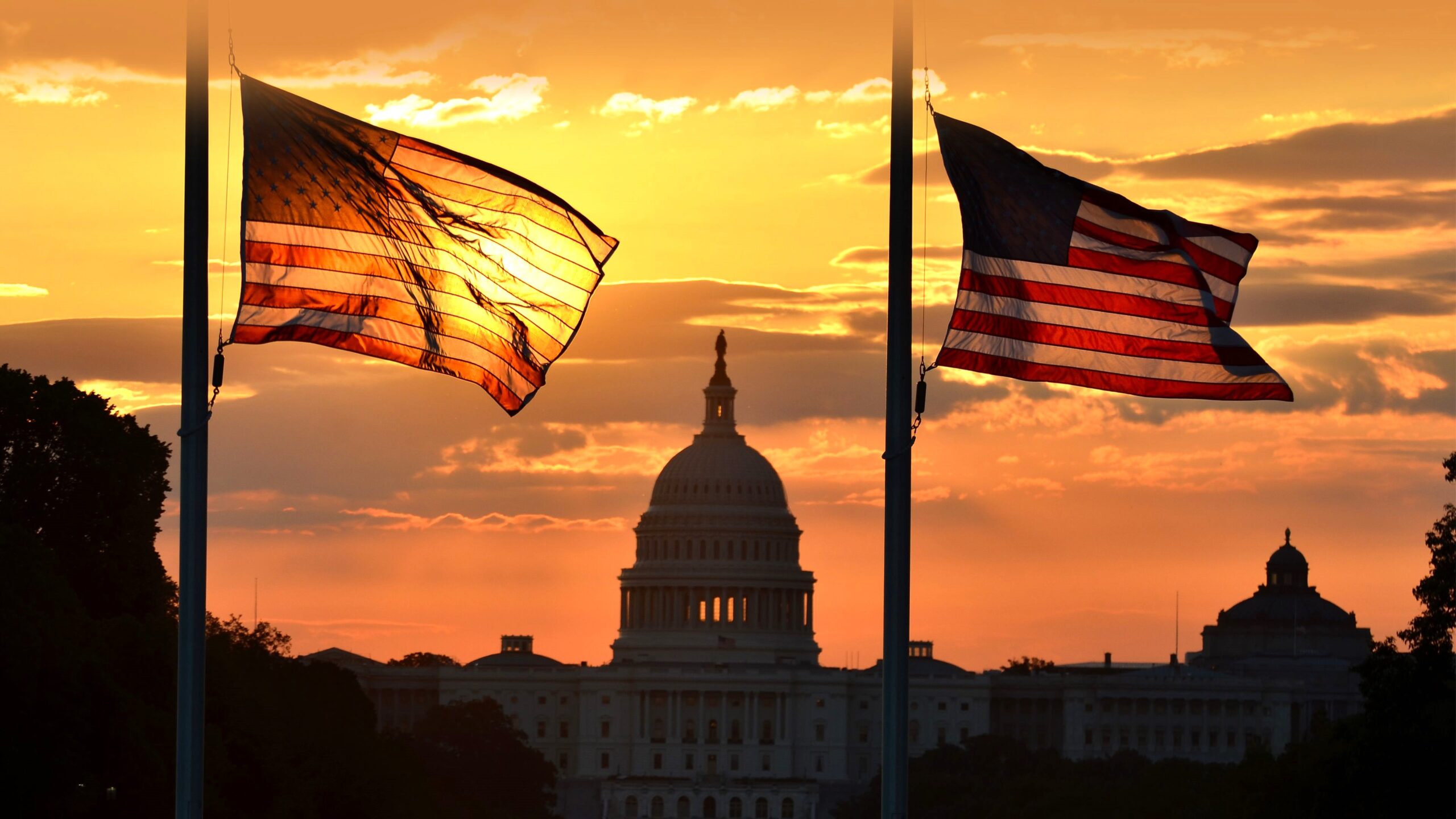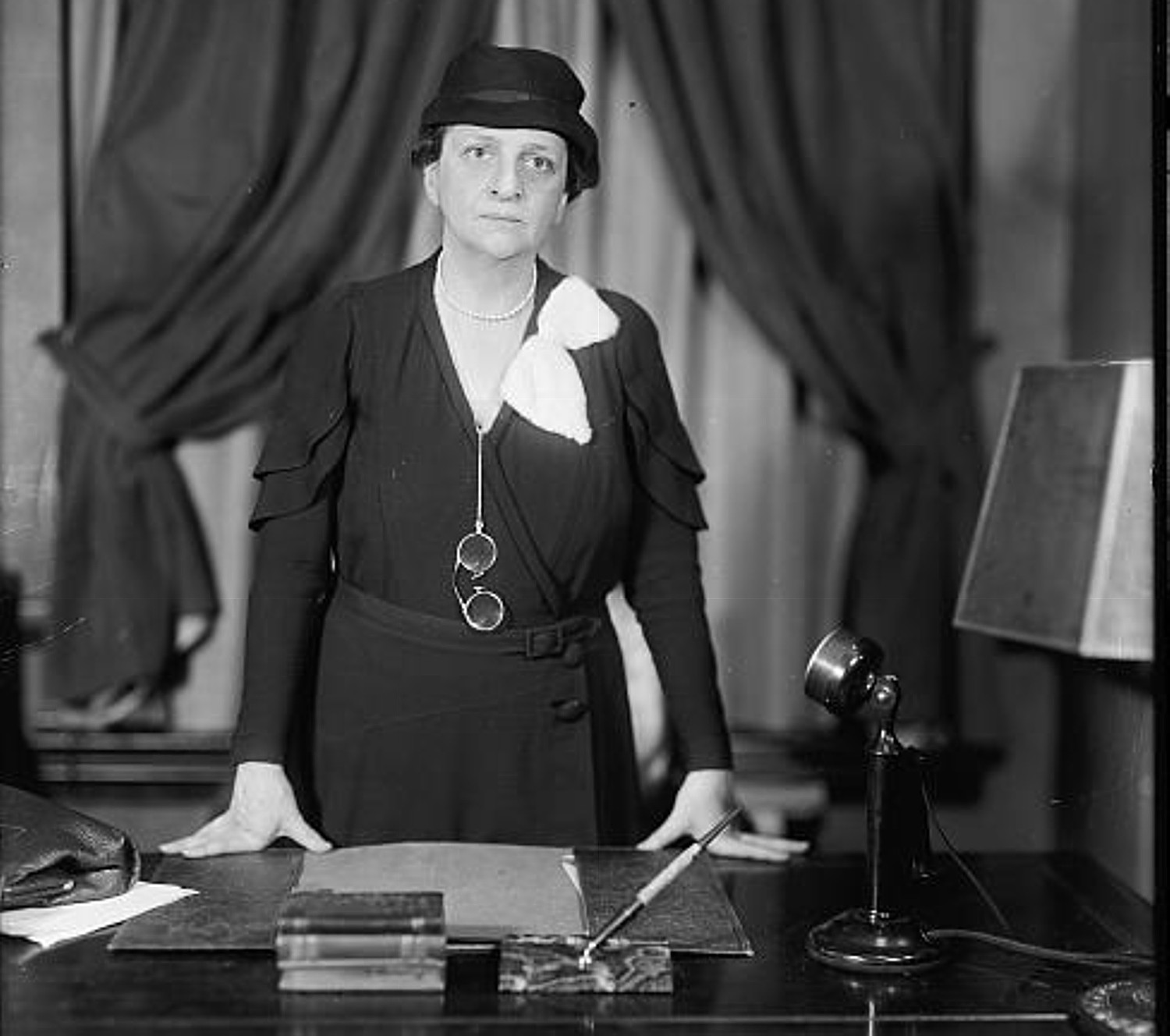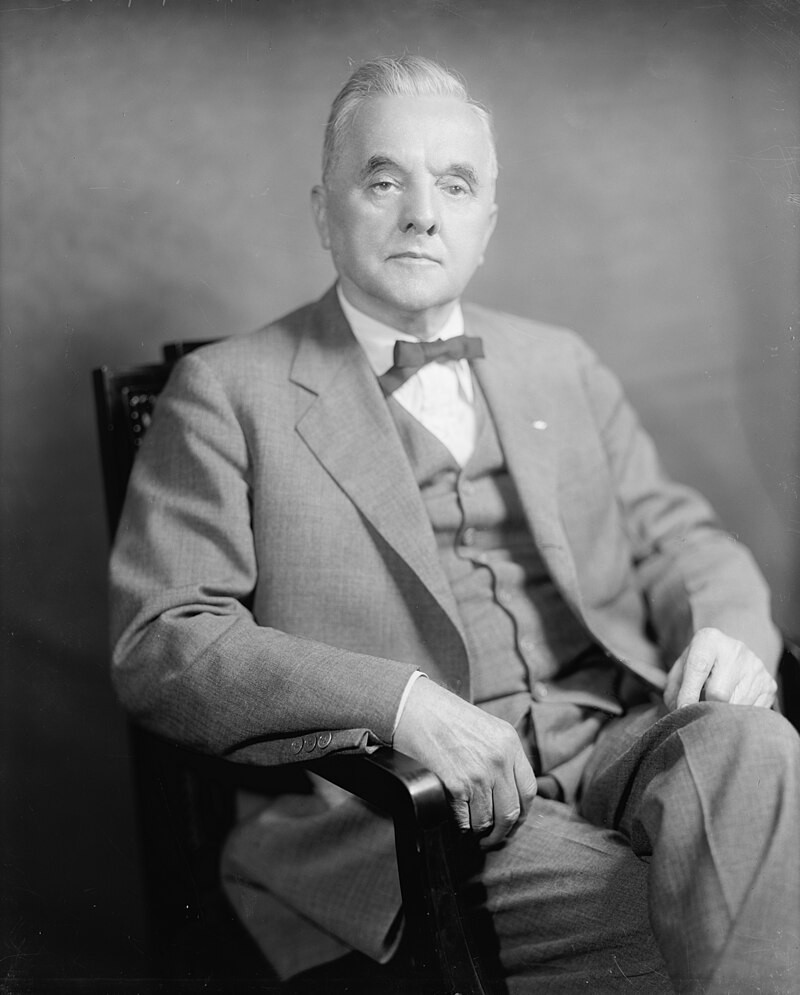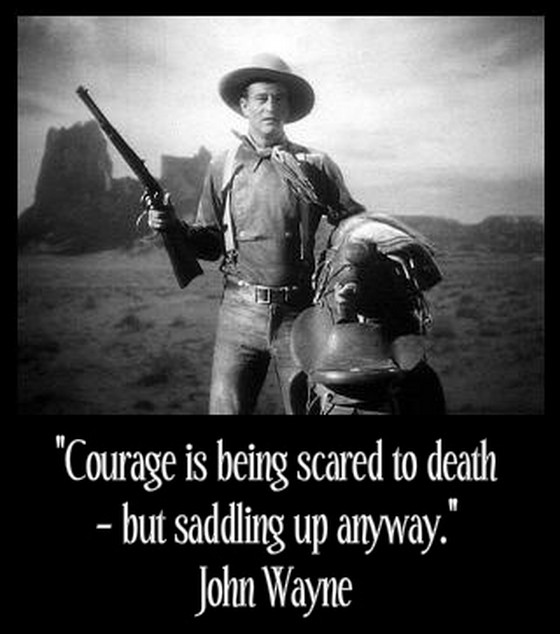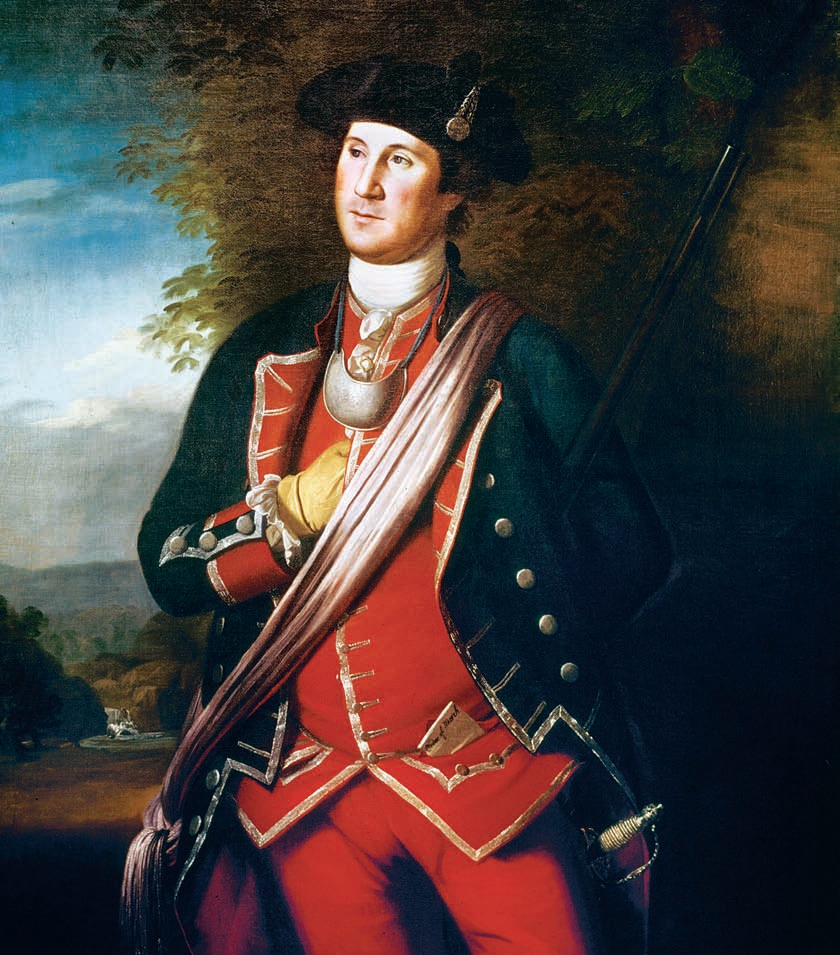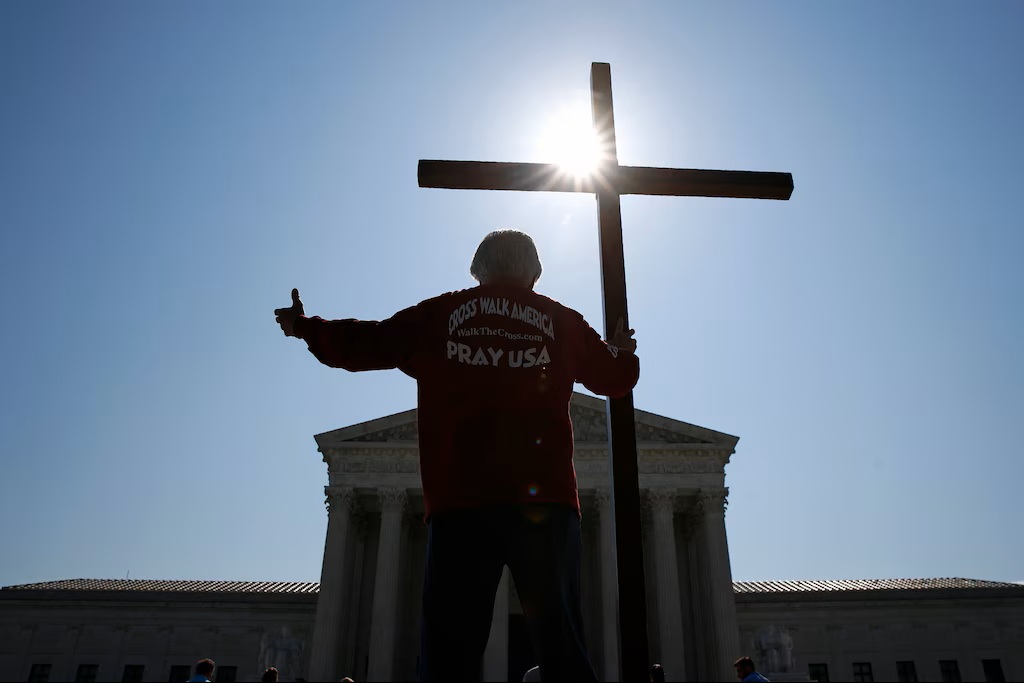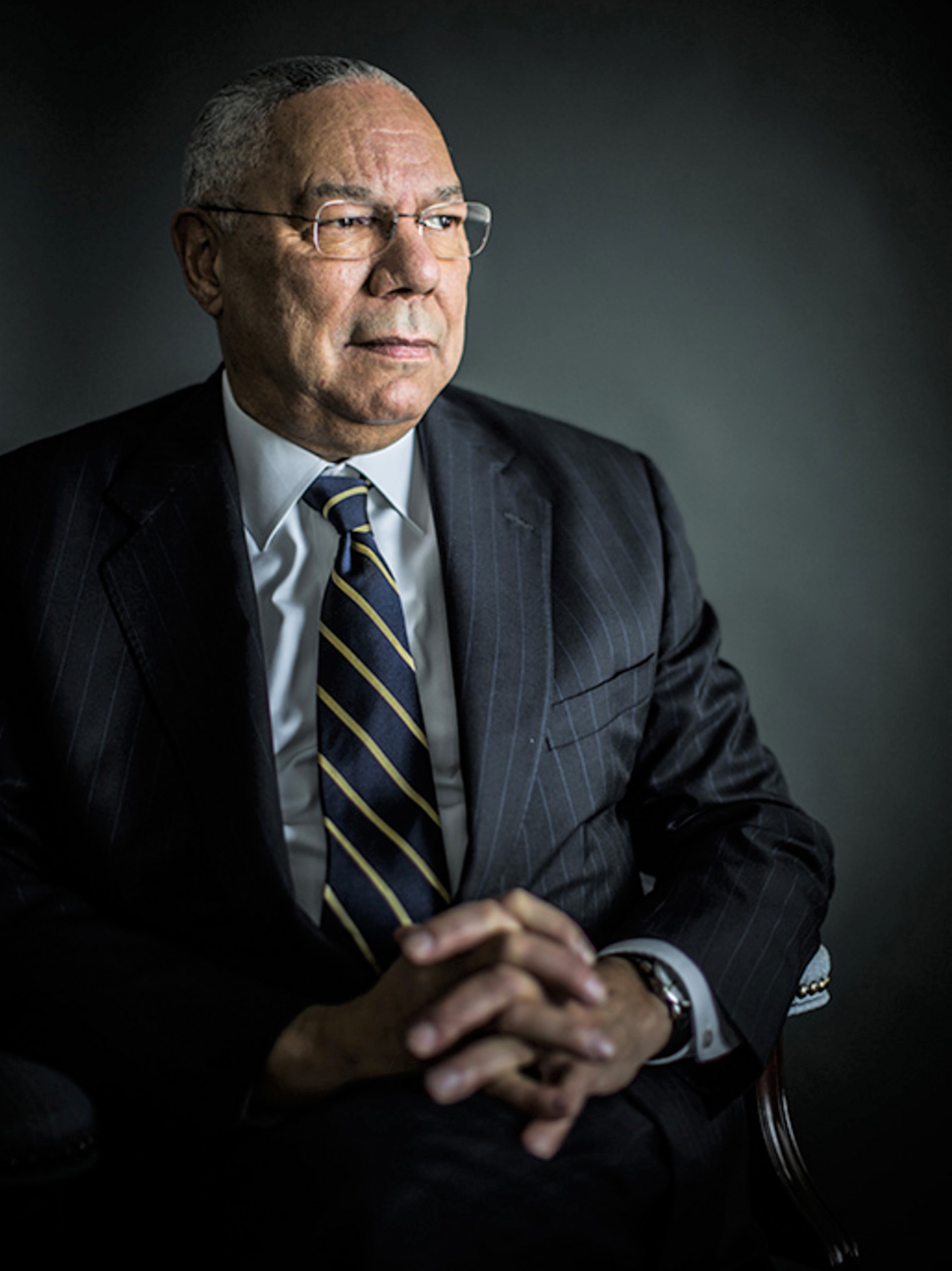That’s what Harry Truman said of Gen. George C. Marshall–a characterization that easily applies to Gen. Colin L. Powell.
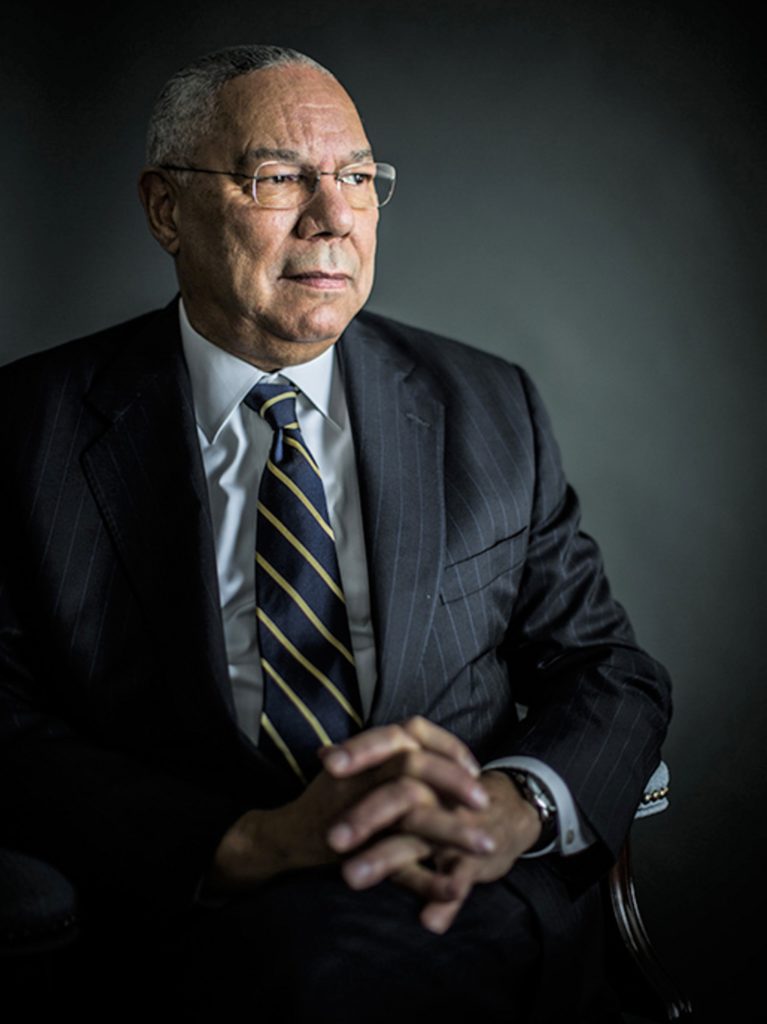
Stephen Voss/Redux Pictures
You won’t find a picture of Colin Powell next to Leadership in the dictionary, but you should. You also won’t find him alongside Merriam-Webster’s definition of a Statesman, but no one can deny that Powell was “a wise, skillful, and respected political leader.”
For four decades, Colin Powell served his country in a variety of distinguished leadership roles as chairman of the joint chiefs of staff, national security advisor, and secretary of state. Powell died last week from complications due to Covid-19. He was undergoing treatment for multiple myeloma, a disease that compromises the immune system.
Powell is one of only two individuals to receive two Presidential Medal of Freedom awards for “an especially meritorious contribution to the security or national interests of the United States, world peace, cultural or other significant public or private endeavors.” Ellsworth Bunker, US Ambassador to Vietnam, was the other.
However, it was as secretary of state where Powell’s most controversial moment occurred when he addressed the UN security council.
Prior to his speech, Powell spent two and a half hours explaining to president George W. Bush “the consequences of going into an Arab country and becoming the occupiers.” He insisted that the best option was to go to the United Nations, but if he failed to convince the delegates, he would support invasion. “I also had to say to him that you are the President, you will have to make the ultimate judgment, and if the judgment is this isn’t working and we don’t think it is going to solve the problem, then if military action is undertaken I’m with you, I support you.”
With the whole world watching, Powell gave a stark intelligence briefing about the risks posed by Iraq to the world.
“There can be no doubt,” Powell told the council, “that Saddam Hussein has biological weapons and the capability to rapidly produce more, many more.”
The intelligence was wrong. It had been cherry-picked to justify the rationales offered by Vice President Dick Cheney and Defense Secretary Donald Rumsfeld.
Powell later called the speech a “blot” on his record.
In response to a commentary I wrote on General Powell, Lorance R. Gomez, SFC, US Army Retired 1962-83, said, “In my estimation, General Powell was a true statesman, one who could recognize his mistakes and take ownership of said mistakes.”
Nonetheless, Gomez writes, “He could offer the best thought-out advice to our leaders, from lessons learned over the years never forgetting that it was the simple soldiers that helped launch his career making him one of our finest leaders in American history.
“General Powell ultimately found his calling by wrapping himself in the minds of our children, teaching and fortifying their abilities.
“I served during most of the same years the general served 1962-83. I never ran across him although I wish I had. I like to think that the soldiers of those years were different, tougher as they had to be because of the political climate at home but—as tradition has it from the beginning of our country—our soldiers always found a way to be there when the nation called.
“May the General Rest In Peace… I surrender unto him my final salute: DUTY, HONOR, COUNTRY, IN DIGNITY, ALWAYS!”
Friday: Lessons from Powell’s principles.
Comments
